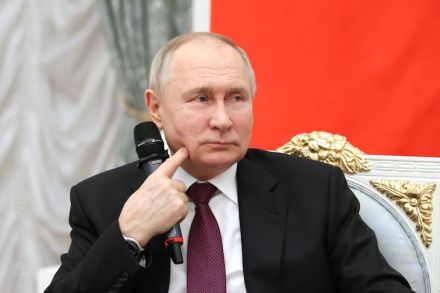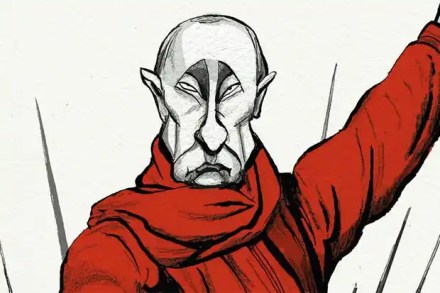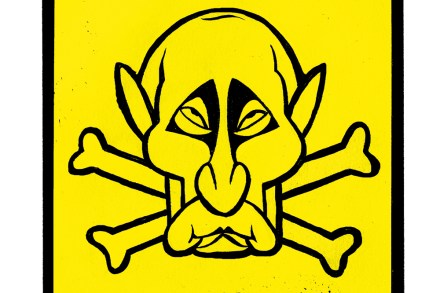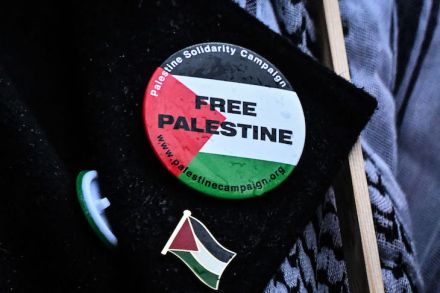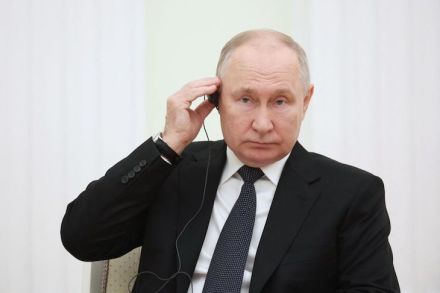Mad dogs and Putin’s shells: A dispatch from Kherson
Browsing the shelves at Tsum, a supermarket in the centre of Kherson in Ukraine, you could be forgiven for thinking you were in Whole Foods in Kensington. The deli and the grocery are as well stocked and diverse as any in London and, in the patisserie, the smell of freshly baked brioche permeates the air. Every day, people walk the aisles, gathering not only essentials but exotic fruits, kombucha and even Christmas decorations. In many ways, Tsum is emblematic of this city’s resilience in the midst of war. On the upper floors, its windows are either smashed or missing altogether; at street level, its doors are appended with large protective



